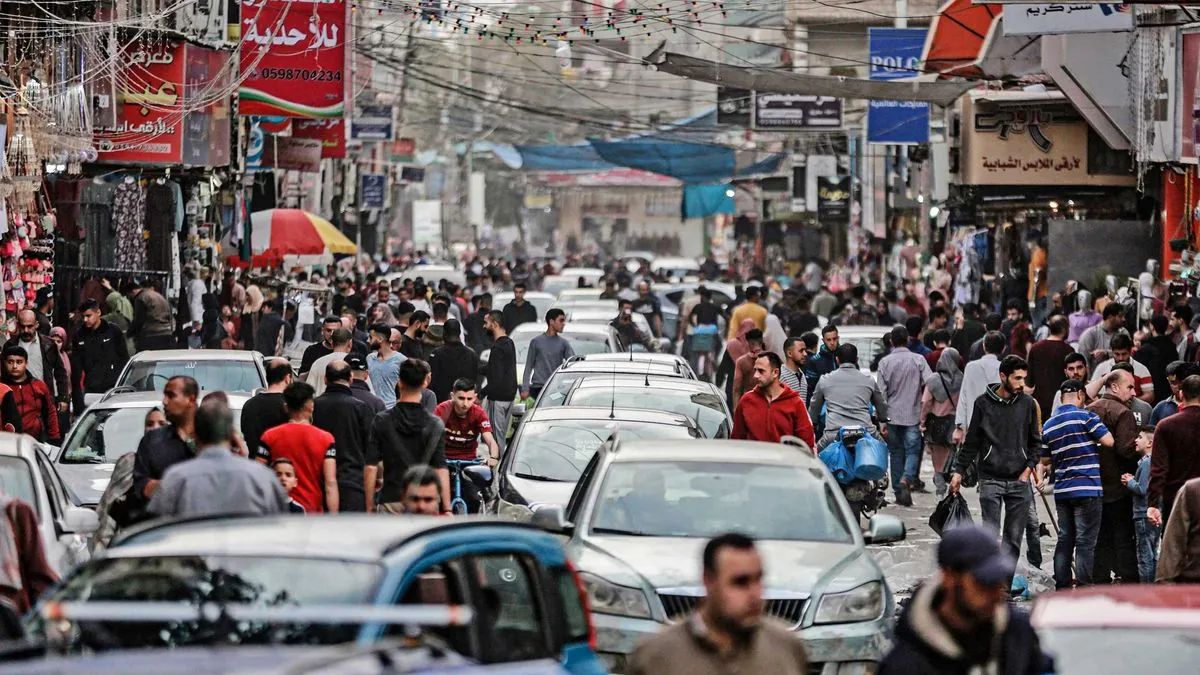Turkey to Join South Africa's ICJ Case Against Israel on Gaza Conflict
Turkey plans to intervene in South Africa's ICJ case accusing Israel of genocide in Gaza. The move aims to highlight the humanitarian crisis, with Spain also seeking involvement in the legal proceedings.

On August 7, 2024, a diplomatic source revealed that Turkey is set to submit a declaration of intervention in South Africa's case against Israel at the International Court of Justice (ICJ). The declaration, scheduled for 1330 GMT, aims to draw attention to the humanitarian situation in Gaza.
Hakan Fidan, Turkey's Foreign Minister, had previously announced the country's intention to make this declaration. The diplomatic source stated, "Turkey's intervention pushes the international community to recognise and address the humanitarian crisis in Gaza."
Turkey's decision to join the case was made in May 2024, following necessary legal preparations. This move aligns with Turkey's increasing measures regarding the Gaza situation. In June 2024, Spain also requested to intervene in the case at the ICJ.

The ICJ, established in 1945, serves as the United Nations' principal judicial organ. Located in The Hague, Netherlands, it has handled over 180 cases since its inception. The court's decisions are binding, although it lacks enforcement power.
Israel has consistently refuted the genocide accusations, describing them as unfounded. The nation argues that its operations in Gaza are acts of self-defense, targeting Hamas militants responsible for the October 7, 2023 attack.
"Our actions in Gaza are solely aimed at protecting our citizens from terrorist threats, not at harming civilians."
The Gaza Strip, one of the world's most densely populated areas, has been under blockade since 2007. This context adds complexity to the ongoing legal proceedings and humanitarian concerns.
As the case unfolds, it's worth noting that the ICJ comprises 15 judges elected for nine-year terms. The court operates in English and French, and its decisions are not subject to appeal.
This intervention by Turkey, a NATO member and EU membership candidate, alongside Spain's involvement, underscores the international community's growing focus on the Gaza situation. The case continues to draw attention to the intricate balance between national security concerns and humanitarian obligations in conflict zones.


































